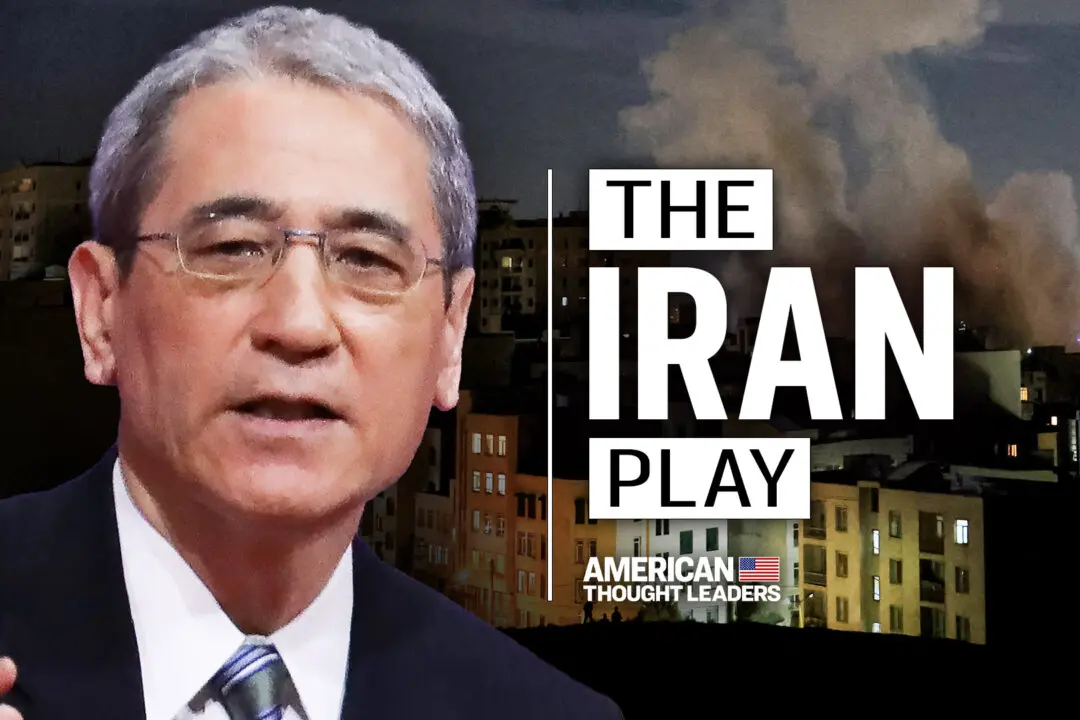The Chinese regime capitalized on the global spread of the CCP virus to destabilize the United States—and ultimately impact the presidential election—according to Robert Spalding, author of the book “Stealth War: How China Took Over While America’s Elite Slept.”
“We are in 2020, in the midst of a people’s war waged by the Chinese Communist Party around the world to essentially destroy liberalism,” Spalding, a retired U.S. Air Force brigadier general, told The Epoch Times’ “American Thought Leaders” program on Nov. 10.





